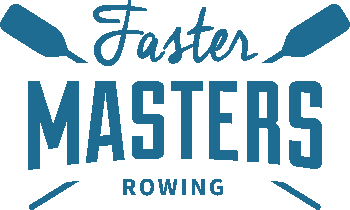Marlene and Rebecca discuss
– The Science of coaching masters athletes
– Erg Inspiration – how to make it fun
Timestamps to the show
04:15 This past week we are supporting masters rowing around the world by:
– attending the Rowing Canada conference coastal rowing course
– Marlene was interviewed on the Science of Rowing with Will Ruth – details below
– listening to James Leath on intentional coaching
https://unleashtheathlete.mykajabi.com/
– Running a scrimmage regatta locally for masters
– Reviewing the “new masters” status for post-novice rowers before they become age group racers
10:30 Erg inspiration when you get depressed looking at the rowing machine
– make it fun. Ear buds, play list; podcast
– Groundhog day
14:00 Training programme for the Head of the Yarra – use the Faster Masters programme if you haven’t got time to write a programme. Masters like to know workouts in advance because they like energy planning, time planning and consistency helps.
18:00 Rowing in 6s in an eight. What is the purpose of the exercise? If you want a stable platform, or a drill for the best chance to execute the drill, being stable is good.
When a pair drops out – have an agreed way to hold your oar when you change pairs; also an agreed way to join in the rowing; also an agreed way to hold the oar to stabilise the boat (against your knees or arms outstretched with upward pressure).
Discuss whether you want a “soft set” or a “firm set” in the drill and what the crew should do.
It’s important to keep the handle pressure upwards (so the blade is flat on the water) to set the boat.
Facebook discussion
https://www.facebook.com/groups/595853370615544/permalink/1606787526188785/
24:15 The Science of Rowing – Marlene video interview with Will Ruth
[To get the video link, please join our newsletter]
The research article (Nova Scotia) is about coaching masters looking at Autonomy, Competence and Relatedness. The athletes who got coached experienced high relatedness and also greater frustration with autonomy.
To improve your coaching outcomes we need to ask if the psychological needs of the athletes being met?
Perceptions of masters are no different between the group who is coached and those with not much coaching. The sense of belonging is directly related to the amount of coaching the athlete receives.
40:00 Groups in your rowing club – how to enable a range of groups to form, un-form and meanwhile still keep the club stable.
n


